Brain-computer interfaces could change the world—but at what cost?
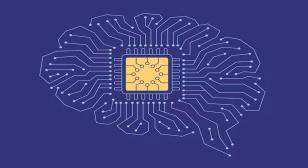
Dr. Andrew Ko and Dr.

Dr. Andrew Ko and Dr.
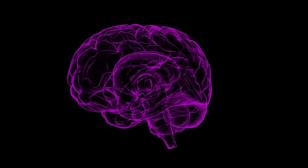
Dr. Andrew Ko is part of a research team that has developed a test to measure levels of amyloid beta oligomers in blood samples. Oligomers are amyloid beta proteins that misfold and clump together potentially developing into Alzheimer’s.
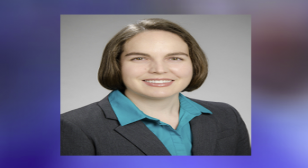
Dr. Christine Mac Donald’s long-running study of U.S. military service members (EVOLVE) shows that many who sustained mild traumatic brain injuries (TBIs) from combat-related explosions continue to feel adverse effects for years afterward.

Dr. Sam Browd discusses how leveraging AI technology may lead to improving patient outcomes, making care more accessible and reducing costs across the board.
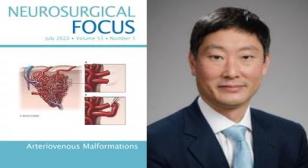
The Department’s own Louis J Kim, MD, MBA served as lead editor of The Journal of Neurosurgery’s July issue of Neurosurgical Focus. And, a team of our residents and faculty –

Congratulations to Dr. Ojemann whose proposal “Motor Recovery through Plasticity-Inducing Cortical Stimulation” has received grant in the amount of $8,000,000 from the National Institute Of Neurological Disorders And Stroke (NINDS) of the National Institutes of Health.
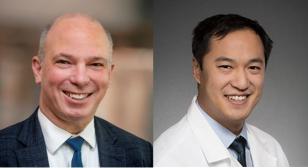
The team at the University of Washington’s Center for Neurotechnology is working out how best to engineer stimulation to the brain to restore tactile sensations that allow people to perform useful tasks.
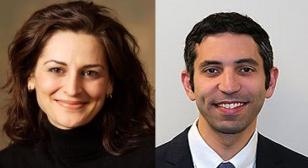
Scientists and doctors including Dr. Melanie Walker and Dr. Michael Levitt are exploring the use mitochondria infusions to jump-start the cellular processes required to heal damaged hearts, brains, and maybe even other organs in a way that drugs haven’t been able to.
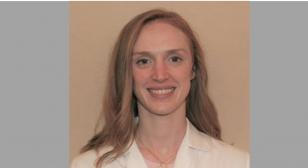
Congratulations to Dr. Carroll whose proposal “The role of CRHR1 genotype and hypothalamic-pituitary-adrenal axis dysfunction in depression after aneurysm rupture” was selected to receive an NIH R-25 award totaling $95,139, beginning July 1, 2022.